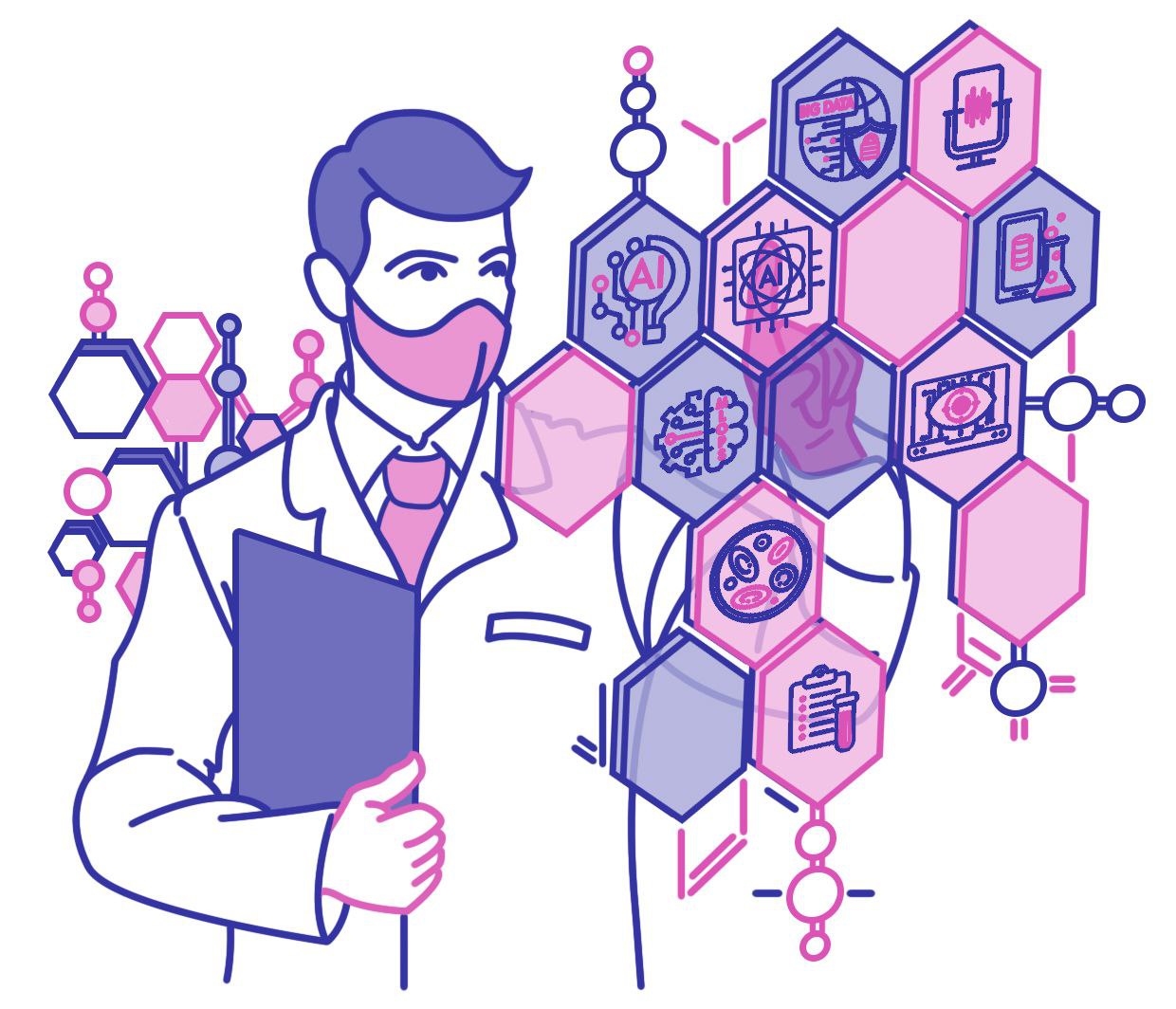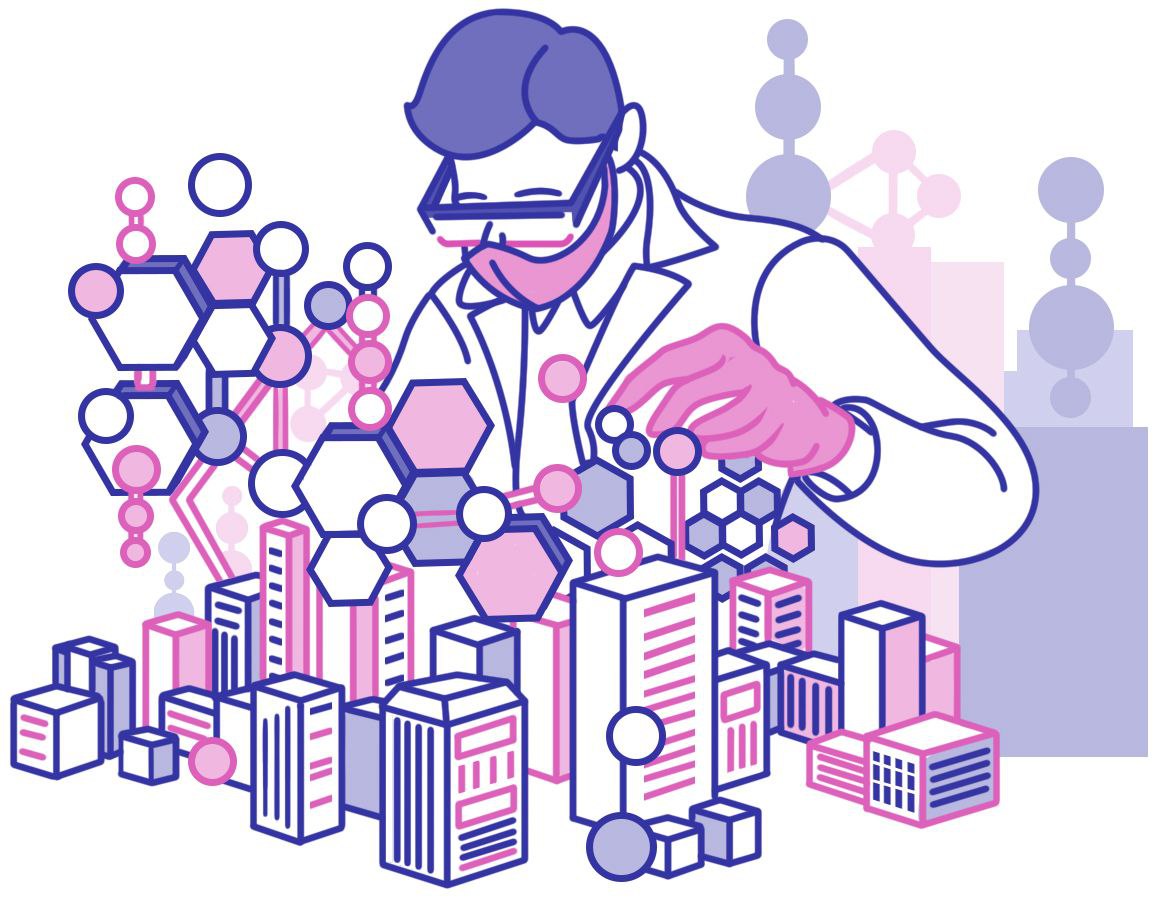8Cell is about developing successful and train-by-example tools for medicine. AI technology helps pathologists and scientists enhance the accuracy, quality, and speed of image analysis and improve their workflows. Using advanced AI technology, we possess great expertise and experience in creating proof-of-concept solutions for solving various problems in pathology and helping scientists with their routines.
Our experienced developers are well-versed in creating custom enterprise solutions for disease detection and classification, as well as making accurate diagnoses and predictions. With 8Cell’s AI solutions, you can translate images into more quantitative data, fast results, discoveries, diagnoses, and decisions. Holding the power of AI in your hands, you can measure, detect and quantify anything in the image.

